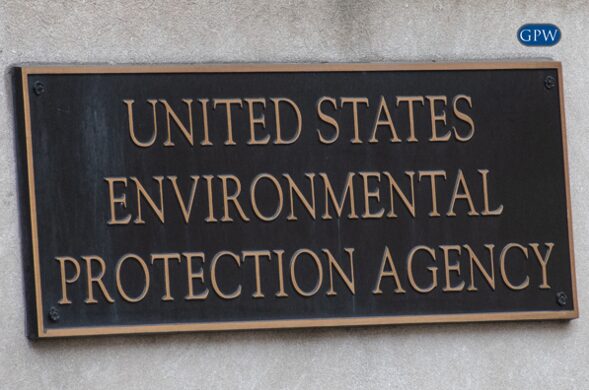Revised Toxic Chemical Restrictions Could Triple the Amount of Benzene in Florida Waters
The Florida Department of Environmental Protection (DEP) is proposing looser restrictions when it comes to determining what toxic chemicals can be disposed of in their waters, and how much. If the proposal is approved, exposure for some chemicals, such as benzene, could triple. Naturally this raises concerns to the public and environmentalists alike, as they wonder what impact this will have on their health, and on the environment.
Benzene is a liquid chemical compound that is colorless, flammable, and has a sweet odor to it. It’s a compound that is produced naturally – found in volcanos, forest fires, and gasoline and evaporates when exposed to air. In the United States, benzene is used as a starting material in the making of plastics, rubbers, dyes, and pesticides. Some of the earliest uses for benzene involved common household items. The sweet odor led to its use as after-shave lotion in the late 19th century. The turn of the 20th century saw the chemical used to decaffeinate coffee. While benzene was proved to be very useful, it is also a known carcinogen, and may cause several forms of cancer, including acute myelogenous leukemia, or AML. Short-term effects include skin irritation, nausea, and anemia.
Those who are exposed to benzene can be exposed by gases or vapors in the air, or by contaminated water. Benzene, when it gets into your system, attacks your cells, causing them to malfunction. Benzene also oxidizes in your body, which can cause mutations on DNA stands. It prevents the bone marrow from making enough red blood cells and changing the levels of antibodies to the point of losing white blood cells. With both short- and long-term effects, benzene poisoning can have different results depending on an individual’s exposure levels and medical histories.
The Florida DEP is taking a look at 82 chemicals; most of which are known cancer causing toxins, and updating or creating standards that could potentially allow chemicals like benzene, to be more prevalent in our environment. These standards would be lower than what the EPA recommends to be safe, and even though the DEP claims that the new standards would not pose any sort of threat to public health, people have their concerns, and believe lowering the standard is meant to attract fracking companies, which would use benzene in their water to break apart shale.
Besides the obvious health concerns, allowing for higher levels of benzene could also impact the real-estate market, the seafood industry, and tourism which would have a severe impact on the economy. Dumping the toxic chemicals into streams, rivers, and lakes might seem like it won’t have an immediate impact on humans, but because of tidal waves and flooding that occurs, the toxins could eventually reach the ocean. If that happens, there is no way to calculate if those in Florida will be affected.
Toxic exposure to benzene can have devastating consequences on both the victim and their family. If you or a loved one has been affected by benzene poisoning, please contact one of our toxic tort attorneys today. Our benzene lawyers have helped many people negligently exposed and harmed by these toxic fumes.



